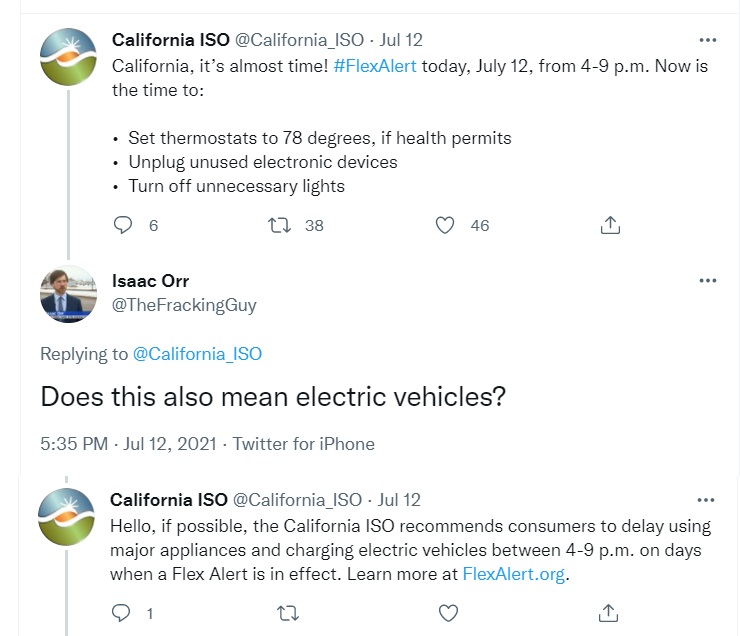California gas prices flirt with $5/gallon due to bad public policy
Gas prices in the Golden State are flirting with $5 per gallon due to the energy policies enacted, such as the state’s cap-and-trade program and Low Carbon Fuel Standard, which the Walz administration is seeking to pass in Minnesota.
According to CNN, California gas prices hit a record high of $4.72 per gallon, and “experts say a whopping $5 a gallon will likely be the norm there in a matter of months, if not sooner.”
CNN continues:
This isn’t just an issue for West Coasters: Some of the factors behind the record prices, particularly those related to the switch to renewable fuels, could affect US gas costs nationally in the next few years.
The US national average is currently $3.51 a gallon. Prices in California have long been among the highest, but they’ve soared in recent years in part because of changes at some West Coast refineries. Facilities have closed in some cases, while others are being modified to refine renewable fuels like diesel made from vegetable oil.
“California is the proxy for what will happen with the energy transition,” said Tom Kloza, global head of energy analysis for the Oil Price Information Service, the firm that tracks gas data for AAA. “A number of refineries have closed permanently….Getting people away from fossil fuels might be the right thing to do, but it is not without pain.”
So that’s one factor: With less refining capacity, the West Coast’s previous 2.5 million barrels of daily production heading into the pandemic has plummeted by nearly a quarter.
Why are gasoline costs soaring in California? It goes back to bad public policy:
California state gas taxes and fees are about 68 cents a gallon, compared to a national average of 39 cents, according to the American Petroleum Institute. California also levies taxes and carbon fees of roughly $1.35 a gallon on wholesale gasoline, a cost that gets passed on to consumers, Kloza said.
“Most states don’t have those [wholesale] fees. But it is a coming attraction to a number of blue states,” Kloza said. “If you want to move people away from fossil fuels, you have to start charging for carbon.”
This means that 28.6 percent of the cost of fuel in California consists of taxes and fees to make gasoline artificially expensive. Minnesotans need to understand that some of these costly energy policies are coming their way.
According to Stillwater Associates, enacting a California Fuel Standard in Minnesota could raise the price of gasoline between 20 and 54 cents per gallon, which is $210 to $570 per household.
California is an example of what not to do. Why on earth would Governor Walz seek to replicate the energy policies of a state that mandates the use of electric vehicles, but asks people not to charge them because their grid is too reliant upon solar panels?
